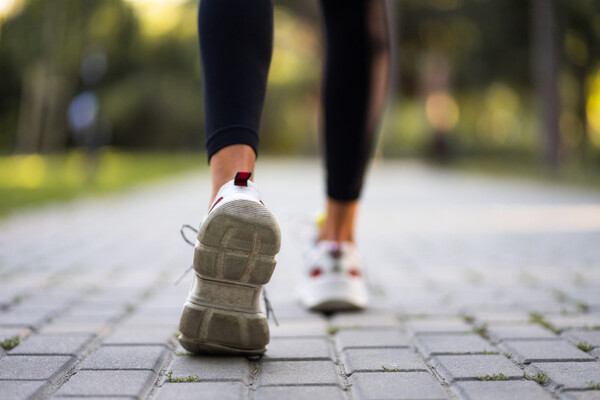A study by Korean researchers has revealed that the more physically active office workers are, the less likely they are to experience burnout.
Burnout is a state of mental, physical, and emotional exhaustion caused by prolonged and persistent job-related stress. It is distinguished from simple fatigue or excessive workloads and is recognized as a chronic stress response that poses serious public health concerns by negatively impacting organizations and society as a whole.

Kangbuk Samsung Hospital announced on Wednesday that a research team led by Professors Jeon Sang-won, Cho Sung-joon, and Kim Eun-soo of the Department of Psychiatry conducted a cross-sectional analysis of the correlation between physical activity and burnout status over the past seven days through self-administered questionnaires targeting 7,973 people, who underwent workplace health screenings at the hospital between 2020 and 2022.
The research team categorized physical activity intensity into three levels: light activities such as walking; moderate-intensity exercises like cycling or table tennis; and high-intensity exercises, including fast cycling or aerobics. Burnout was classified based on core symptoms, including emotional exhaustion and cynicism.
The analysis revealed that approximately 15.8 percent of the total participants (1,262 individuals) were in a state of burnout, with a lower prevalence of burnout observed in groups with higher physical activity levels.

Combining at least 25 minutes of moderate-to-vigorous exercise per day with 30–60 minutes of light activity reduced the risk of burnout by 62 percent. Notably, even if light activity did not reach 60 minutes per day, consistently engaging in at least 25 minutes of moderate-to-vigorous activity alone was associated with a lower risk of burnout.
“This study is significant because it is the first to analyze the effects of physical activity on mental health in real-world conditions, taking into account not only whether people exercise but also the intensity, duration, and combination of activities,” Professor Jeon said. “Making time to move your body even a few times a week can be the first step toward maintaining mental health.”

